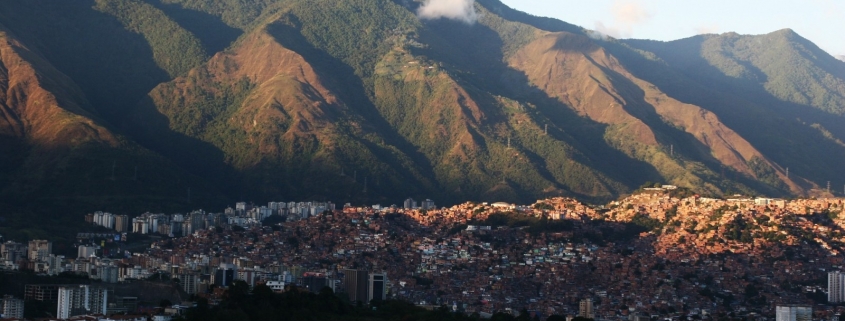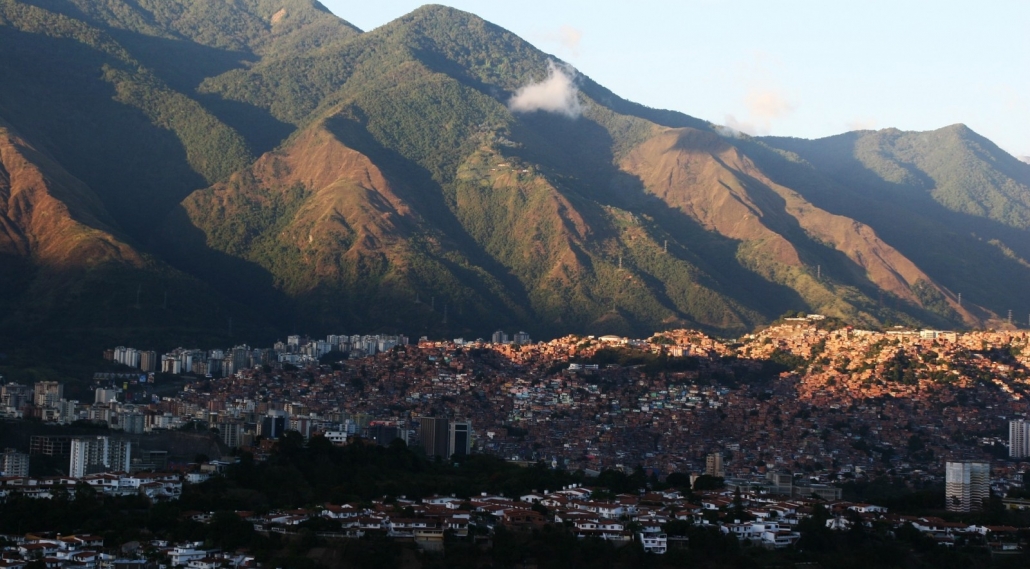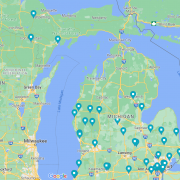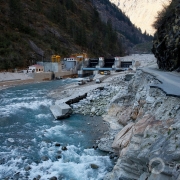HotSpots H2O: Aid Groups Airlift Water and Sanitation Supplies to Venezuela
Caracas, Venezuela. Photo courtesy of Pixabay.
The United Nations Children’s Fund last week shipped 90 tons of medicine, water, and sanitation supplies to Venezuela, the third such shipment to the country since the coronavirus crisis began.
“We hope that this [aid] will help the Venezuelan people in their fight against the coronavirus and in general to support them with their most urgent needs,” Peter Grohmann, UN humanitarian coordinator for Venezuela, said after the aid reached the capital Caracas last Friday.
The aid provided by UNICEF and other agencies is welcomed, but quite small compared to Venezuela’s wider, and worsening, humanitarian crisis.
The country’s economy has deteriorated substantially under the leadership of President Nicolas Maduro, who took power in 2013, and daily living conditions for most Venezuelans show few signs of improvement amid corrupt governance and financial collapse.
Deteriorating conditions have led to chronic shortages of food, medicine, and running water, and the downward spiral is continuing amid the Covid-19 pandemic.
A survey conducted earlier this year by the opposition-held National Assembly discovered that 73 percent of Venezuelans rely on an irregular water source, and only 7.3 percent of residents receive a steady supply of clean water.
Even in areas with running water, residents faced recurring power and water outages in recent years. Now, as with many water-stressed areas across the globe, the Covid-19 pandemic is further exposing the country’s water shortages.
Aura Perez, a resident of Caracas, says that her household has been without water for two months. Her family must travel to a nearby mountain stream to fill containers.
“I’m anxious about how we are going to cook, how we will wash the bathrooms, the plates, the pots. I am angry that there is no water, but I feel exhausted,” Perez said in an interview with Reuters.
In May, the government imported 1,000 water trucks from China to help cover demand in Caracas, and many residents hope that recent rains will also alleviate some of the shortages. Experts, however, argue that the root of the problem–a lack of functioning infrastructure–remains.
Kayla Ritter is a recent graduate of Michigan State University, where she studied International Relations and Teaching English to Speakers of Other Languages. She is currently based in Manton, Michigan. Kayla enjoys running, writing, and traveling. Contact Kayla Ritter













Leave a Reply
Want to join the discussion?Feel free to contribute!